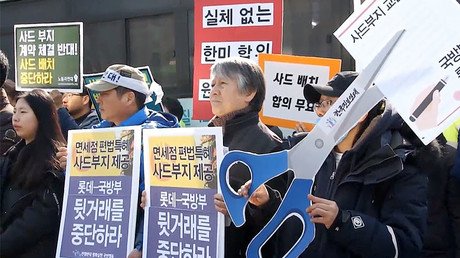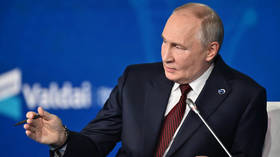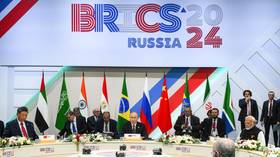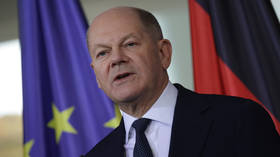China, Russia agree to strengthen opposition to US’ THAAD missile system
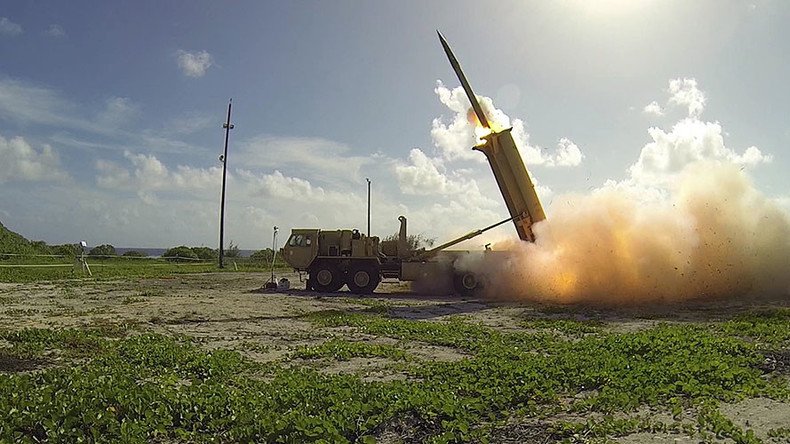
China and Russia have agreed to intensify their opposition to the US’ controversial THAAD missile defense system which is set to be deployed to South Korea, both countries have announced.
“Both sides said they will continue to strengthen their coordinated opposition to THAAD (Terminal High Altitude Area Defense system),” the Chinese Foreign Ministry wrote on its website on Wednesday.
The statement follows a Tuesday meeting between China’s assistant foreign minister, Kong Xuanyou, and Russian Deputy Foreign Minister Igor Morgulov in Beijing.
Russia’s Ministry of Foreign Affairs also released a statement, saying that “both parties emphasized that collective political and diplomatic efforts should be stepped up to ease tensions and initiate the process of military and political detente across the board in Northeast Asia, in order to create conditions conducive to resolving the nuclear issue, as well as other issue, on the Korean Peninsula.”
It comes after the South Korean government signed a land swap deal with retail giant Lotte on Tuesday, which will see the company exchange a golf course for military-owned land near Seoul. The golf course will become the future home of THAAD.
THAAD is an advanced system designed to intercept short, medium, and intermediate-range ballistic missiles during their terminal flight phase. Equipped with long-range radar, it is believed to be capable of intercepting North Korea’s intermediate-range ballistic missiles.
China has repeatedly spoken out against THAAD over fears that it will undermine its own ballistic missile capabilities, and previously urged Seoul and Washington not to go ahead with the system’s planned deployment.
Ahead of the Tuesday signing of the deal, Chinese Foreign Ministry spokesman Geng Shuang warned of “consequences” against Washington and Seoul if the agreement were to go ahead, claiming the system “severely disrupts regional strategic balance and jeopardizes the strategic security interests of regional countries including China.”
China “will definitely take necessary measures to safeguard its security interests,” he said during a news briefing, adding that “all the consequences entailed will be borne by the US and the Republic of Korea.”
Beijing has already taken measures which some claim are retaliatory against the deal, including halting Lotte’s multibillion dollar real estate project in China and canceling the visits of South Korean celebrities to the country.
Russia previously urged those involved in the THAAD system to consider the escalated tensions it will inevitably cause.
Last month, Moscow appraised the situation around the Korean Peninsula as “exhibiting a high likelihood of becoming volatile,” and emphasized the “counter-productiveness of the line being taken by certain governments in exacerbating these tensions and instigating an arms race in the subregion, as well as the increase in the scale of military drills.”
However, the US and South Korea maintain that THAAD is a defensive measure against Pyongyang. South Korean officials have said they expect the missile system to be deployed and operational this year, with one stating earlier this month that deployment could be completed by August.

